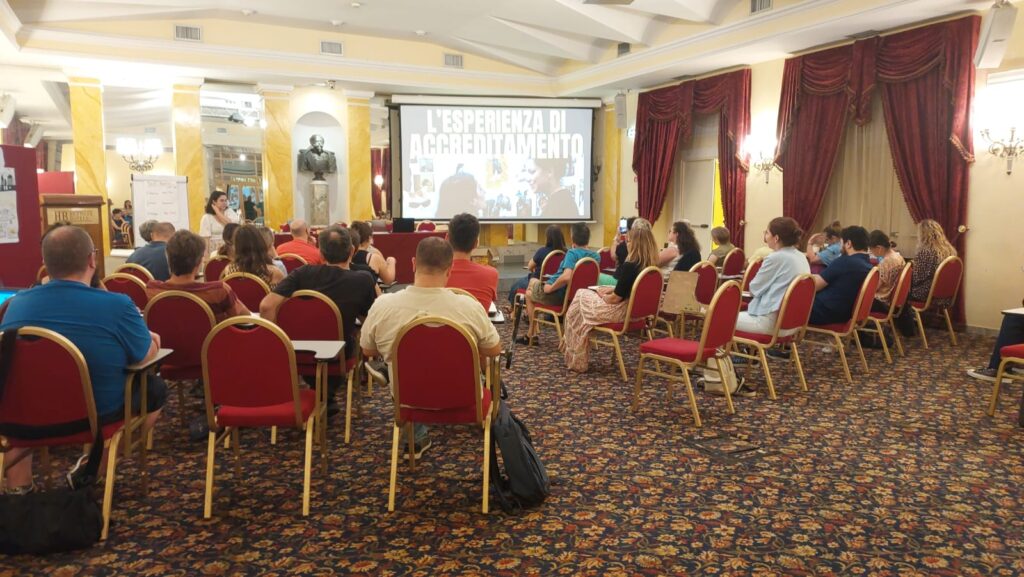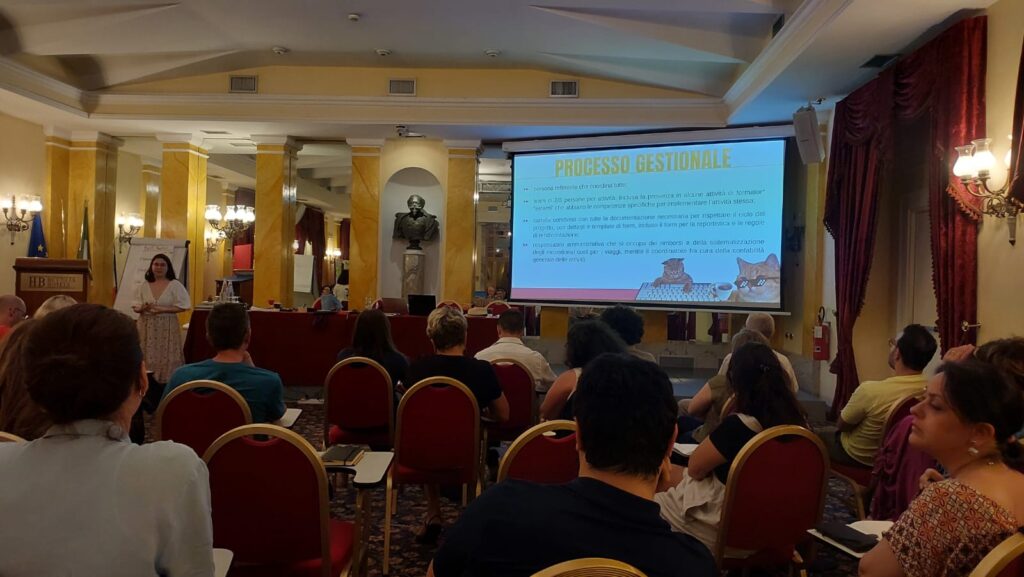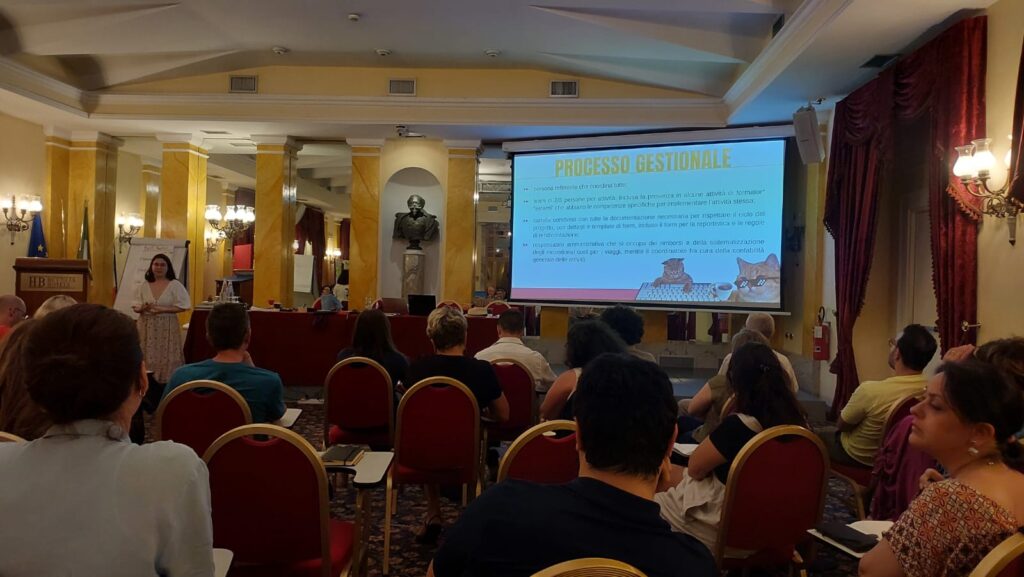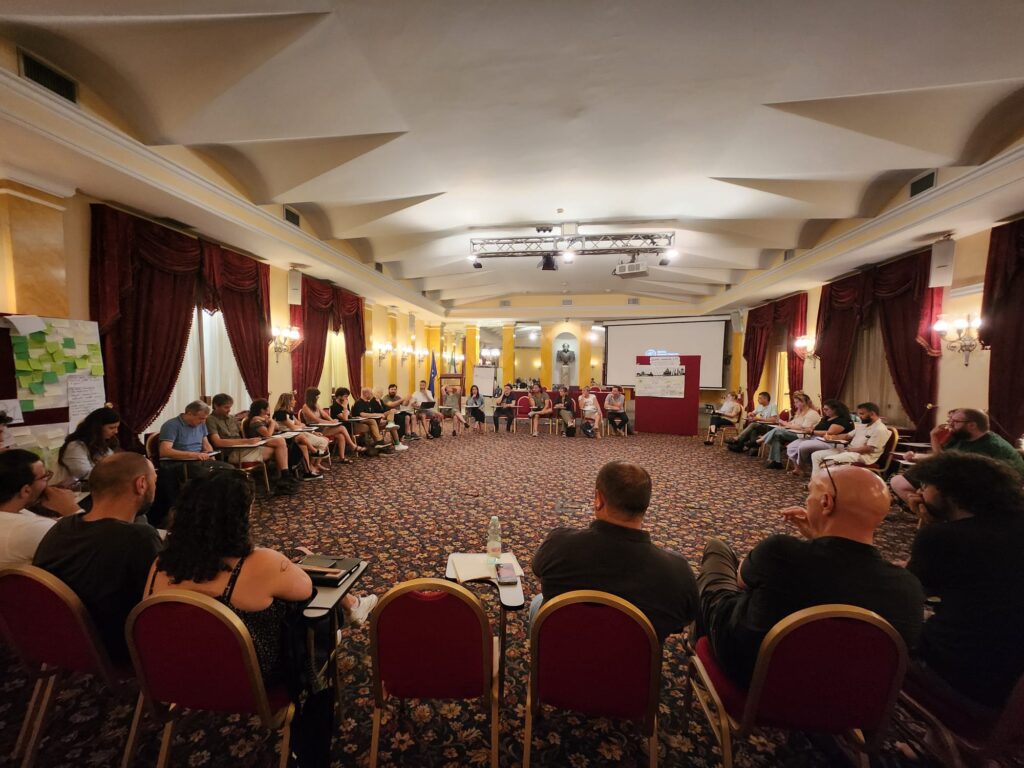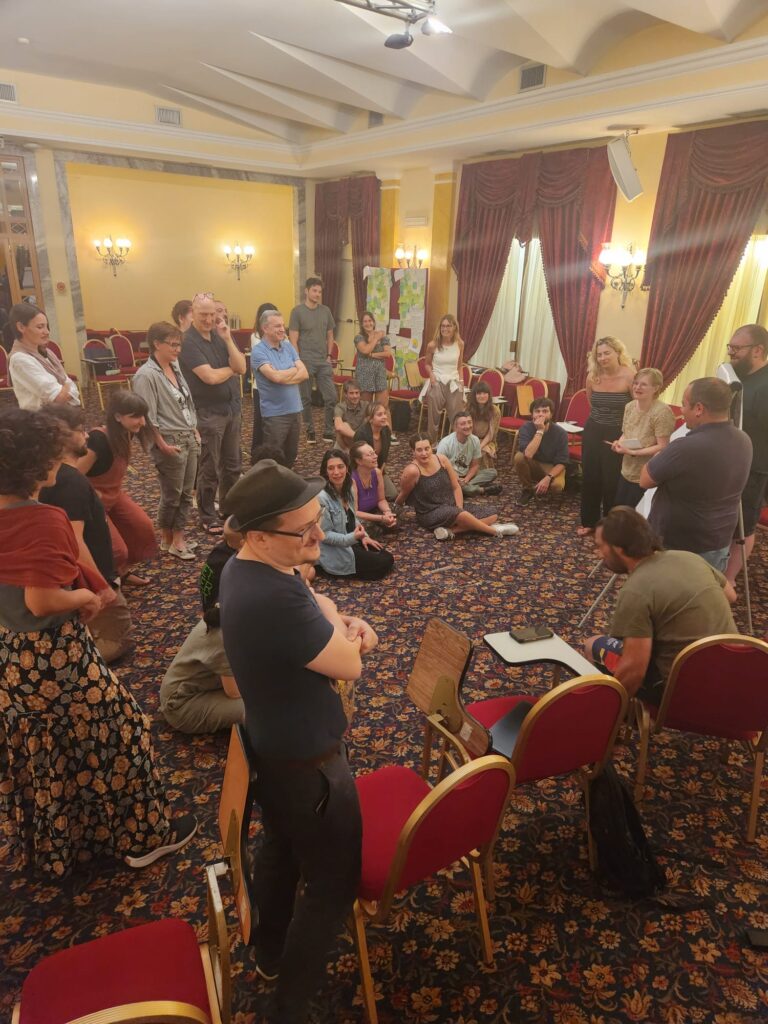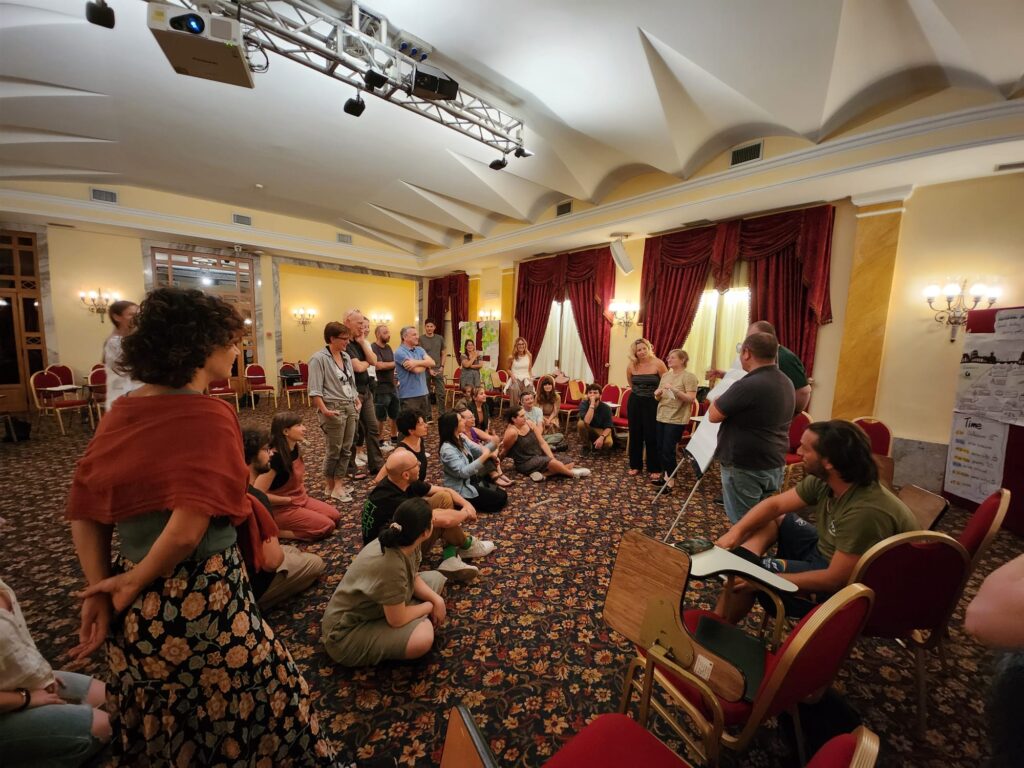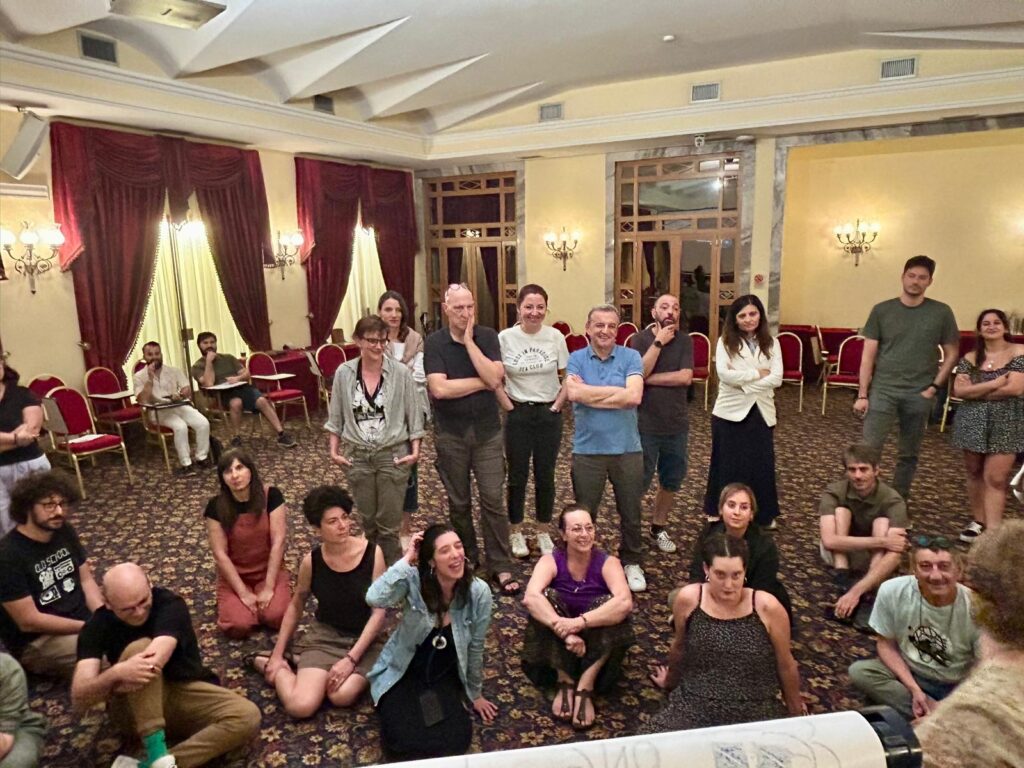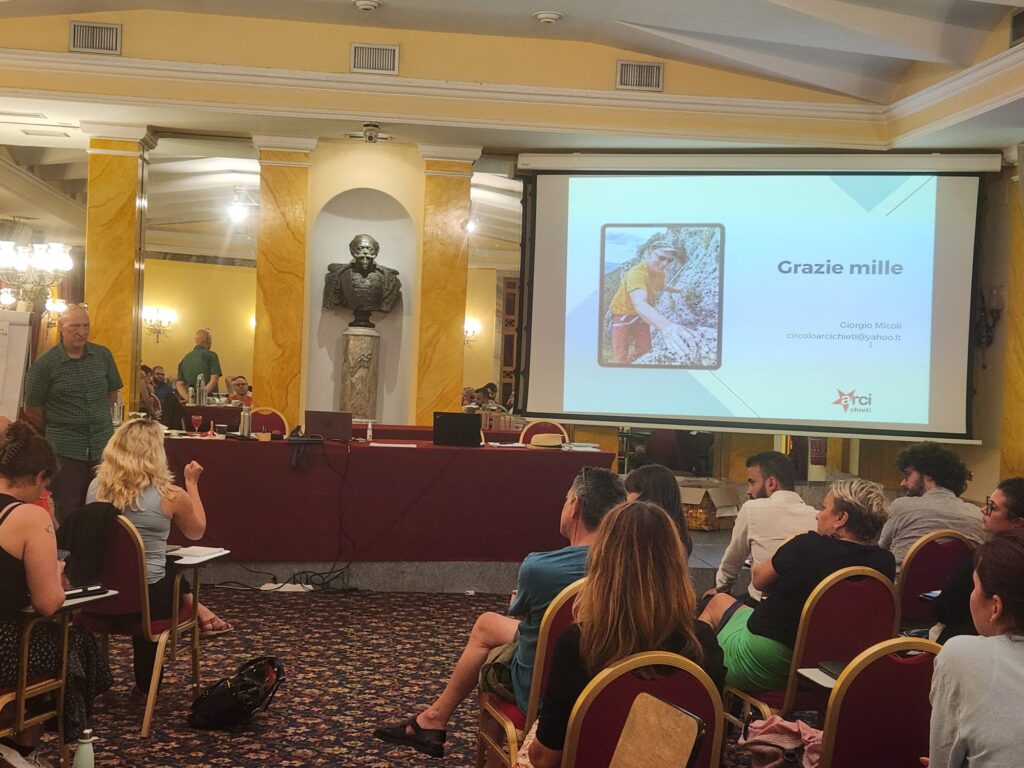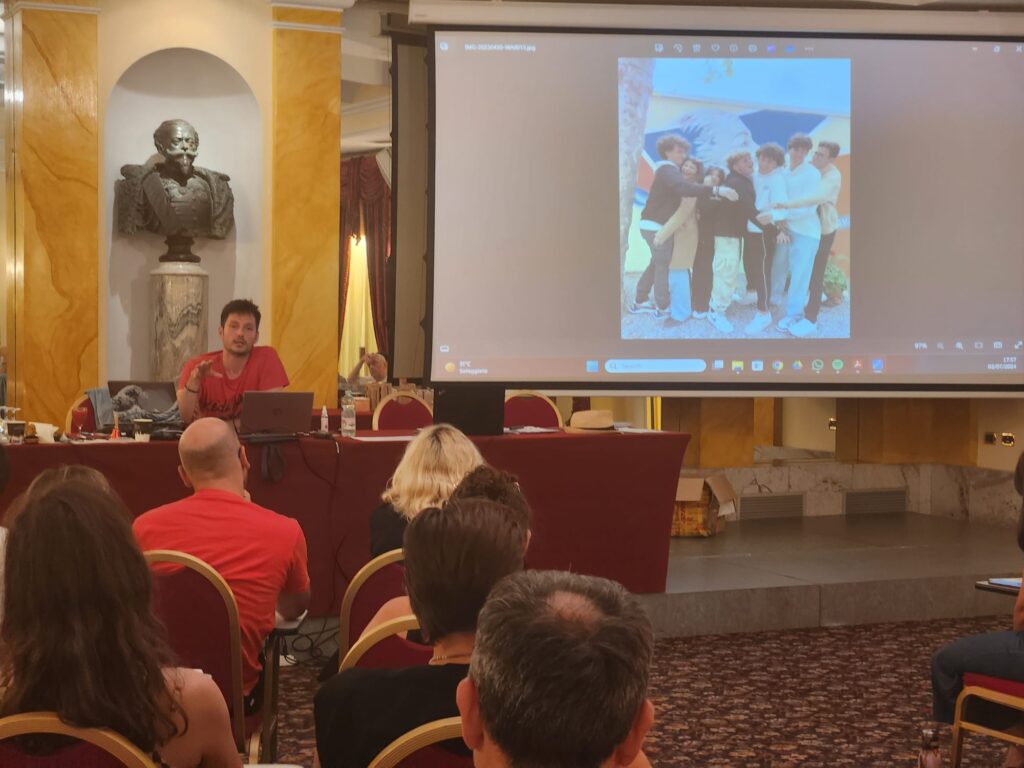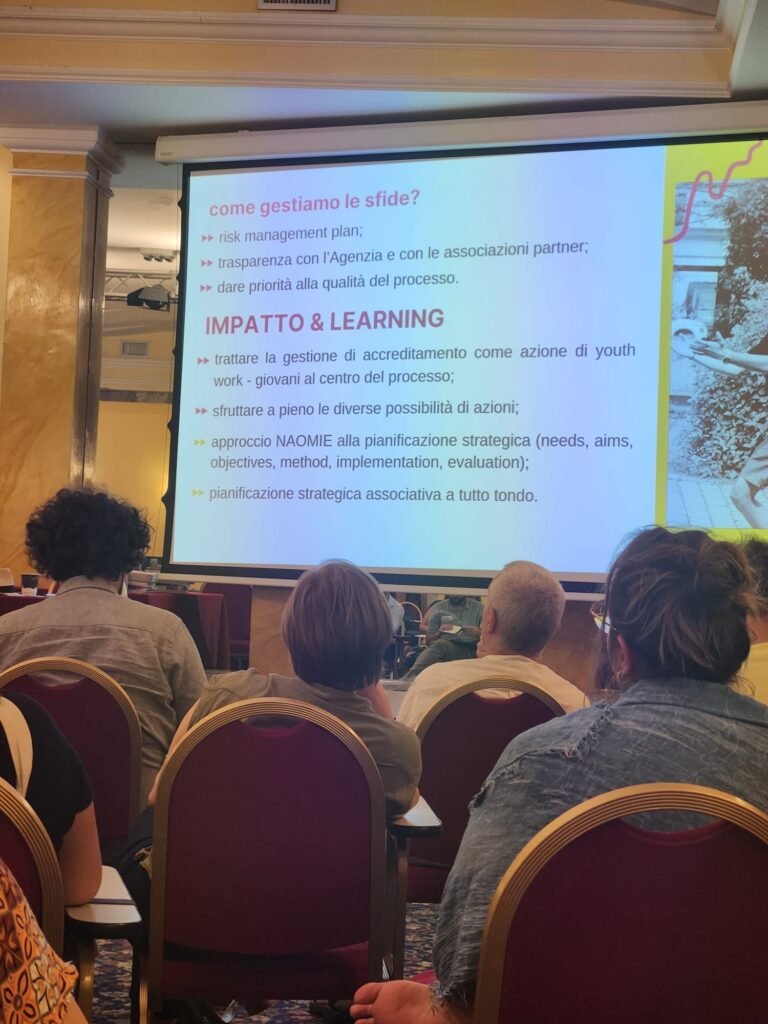In July 2024, I took part in the national Training and Cooperation Activity (TCA) titled “Fostering Accreditation in Erasmus+”, held in the vibrant city of Rome and organized by the Italian National Agency for Youth. The focus of this training was clear and vital: to enhance the quality, impact, and strategic development of youth mobility projects within the Erasmus+ Programme, particularly under Key Action 151.
This event brought together 37 youth workers and project managers from across Italy—all of whom had either secured accreditation in recent calls or scored above 60/100 in their previous applications. This created a space where experience, ambition, and critical reflection could meet, resulting in powerful peer learning and idea generation.
The training aimed to deepen our understanding of what accreditation truly means—not just as a funding mechanism, but as a long-term commitment to quality, youth empowerment, and strategic planning. Throughout the course, we reflected on how to make learning mobilities more meaningful, how to engage young people more actively in all project phases, and how to align our work with evolving program priorities like sustainability, inclusion, gender equality, and peace education.
We explored real case studies, shared good practices, and tackled common challenges in designing and implementing mobility projects. The sessions were a rich mix of interactive workshops, group discussions, and peer presentations, offering both practical tools and critical space for reflection. One of the most valuable aspects was the chance to connect with peers from other accredited organizations, which opened doors to future collaborations and cross-organizational learning.
We didn’t just talk about quality—we worked on it. Together, we discussed how to improve the strategic vision of our accreditation plans, how to document impact and learning more effectively, and how to develop dissemination strategies that go beyond visibility to create real value and influence.
As a co-trainer, I supported the design and facilitation of sessions that encouraged critical thinking, honest exchange, and hands-on planning. Our aim was not only to inform but to empower participants to bring concrete improvements to their work—whether through more inclusive methodologies, stronger evaluation tools, or new partnerships.
This TCA reaffirmed that accreditation is not a finish line—it’s a commitment to continuous growth, impact, and quality in youth work. And it showed, once again, that when practitioners come together to learn from each other, the ripple effect goes far beyond a single training.

